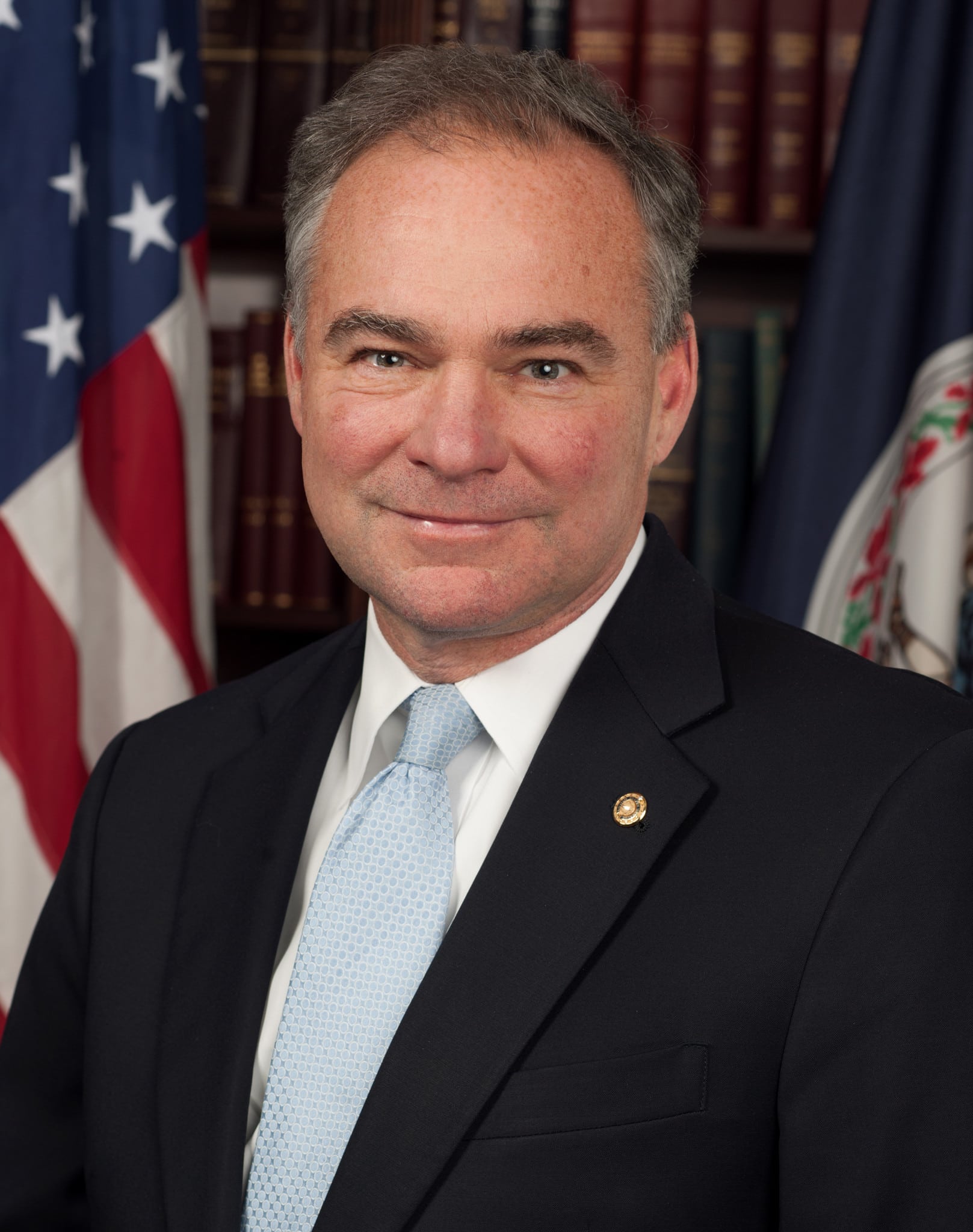
Sen. Tim Kaine (Va.), newly tapped Democratic vice presidential nominee, has a long history of supporting clean coal technologies. “[T]he U.S. is in the midst of a domestic energy boom, and [the Commonwealth of Virginia] is well positioned to lead in energy innovation. But these changes will not happen overnight and I respect the role traditional fossil fuel industries play in providing jobs and affordable fuel for Virginians. I support exploration off the coast of Virginia, as well as research in next generation cleaner-coal technology,” Kaine’s Senate website says.
Kaine has co-sponsored a number of bills aimed at advancing clean coal technology in the United States.
In May 2014 the senator co-sponsored the Advanced Clean Coal Technology Investment in Our Nation (ACCTION) Act, which would have, among other things, encouraged development of large-scale CCS and CCUS programs. It also would have directed 25 percent of the funds in the Department of Energy’s fossil fuel loan guarantee program to coal projects, allowing them to receive loan guarantees even if they receive federal assistance from another source. The legislation was referred to the Senate Finance Committee and did not move forward.
Kaine co-sponsored the reintroduction of the bill in February 2015. “If American innovators can successfully deploy these technologies, we can not only reduce the carbon intensity of our fossil fuels but also bolster our manufacturing exports to developing economies like China and India that need to reduce their carbon emissions while providing energy for growing populations,” Kaine said in a press release on the revived bill. The reintroduced version of the act suffered the same fate of the original.
Most recently, Kaine threw his support behind a measure extending and expanding the section 45Q tax credit for carbon dioxide sequestration and utilization. The legislation, introduced on July 13, would make credits available to industrial sources of CO2, not just the electric sector as has been the case to date. Credits would be worth $35 per ton of carbon captured for utilization and $50 per ton captured using permanent geologic carbon storage.
“This idea has support from the coal industry, organized labor, and environmental groups, showing that when we put our heads together and work on solutions, we can achieve both economic and environmental goals,” Kaine said in prepared comments at the time.
Kaine’s support for CCS is not in conflict with the views of his running mate, Democratic presidential nominee Hillary Clinton. Clinton in November release a “Plan for Revitalizing Coal Communities,” which states that: “Given the important role that carbon capture and sequestration (CCS) technology can play in meeting long-term global climate change objectives, Clinton will support CCS R&D and demonstration projects, both in the electric power sector and in industry.”
The 2016 Democratic Party Platform, which will be formalized at the Democratic National Convention this week in Philadelphia, does not implicitly support clean coal, instead calling for ending the use of “dirty” fuels by the government, eliminating tax breaks and subsidies for fossil fuel companies, and “phasing down” fossil fuel extraction on federal lands.